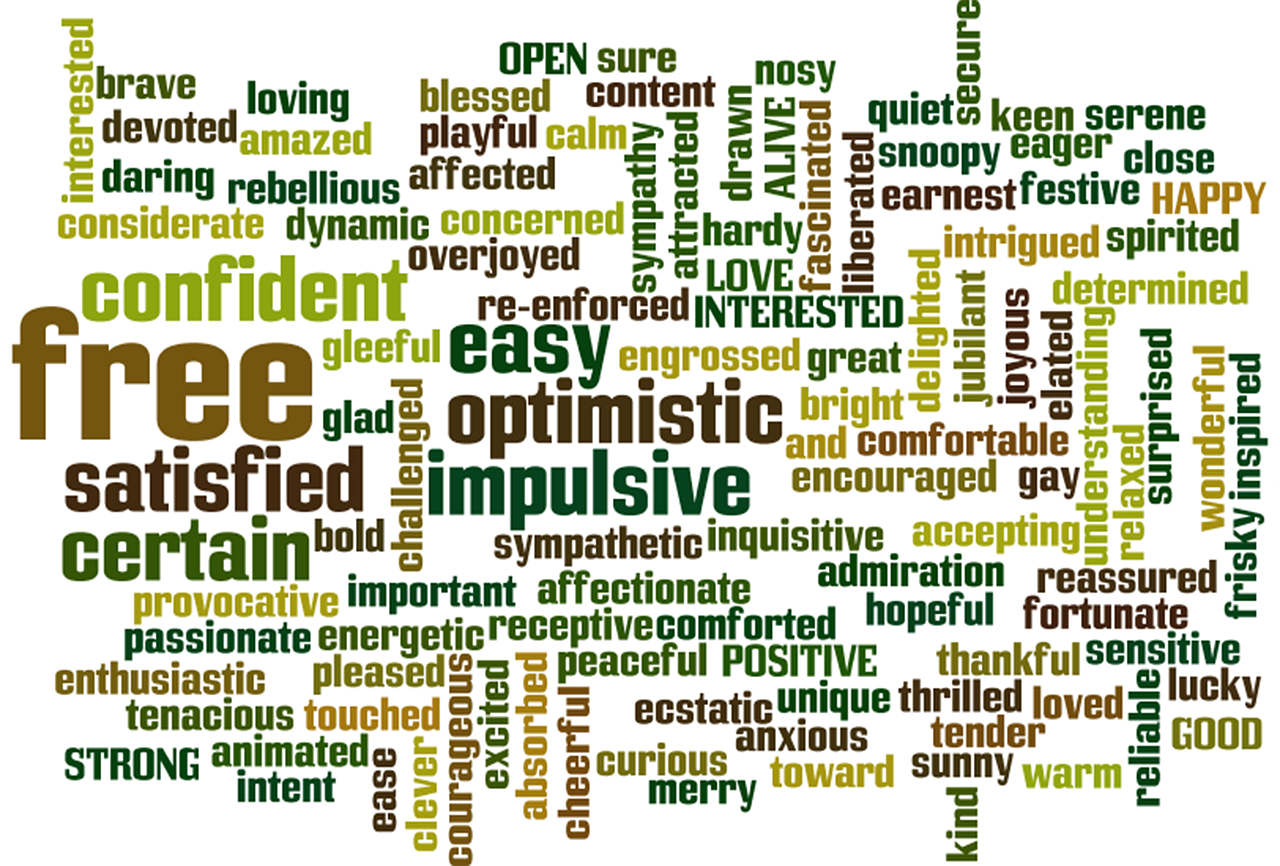
Nurturing Discipline and Curbing Impulsivity: Strategies for Overcoming Self-Destructive Behavior
Introduction 2
Unleashing Inner Strength: A Journey of Self-Discovery 3
Time for Considered Choices 5
Unveiling Patterns and Crafting Shields: Uncovering the Triggers of Impulsivity to Establish Protective Strategies 7
Embracing the Strength of Community 8
Resisting Urges: Unleashing the Power of Delayed Gratification 11
Finding Stability: Harnessing the Power of Structure and Routine 13
Unraveling the Patterns: Overcoming Impulsivity through Cognitive Behavioral Therapy (CBT) 15
Navigating Uncertainty: Strengthening Problem-Solving Skills 17
Finding Balance: Nurturing Emotional Regulation for Overcoming Impulsive Behavior 19
Charting a Purposeful Journey: Navigating Life with Determined Direction 21
Embracing Serenity: Nurturing Resilience Through Healthy Coping Mechanisms 23
Embracing Abundance: Nurturing a Grateful Mindset 25
Thriving Through Prudent Decision-Making 27
Building a Circle of Influence: Creating a Nurturing Network 29
Embracing Growth: Nurturing Self-Compassion and Celebrating Progress 31
Embracing Intentionality: Overcoming Impulsive Behavior for a Balanced and Thoughtful Life 33
Listen to the Audio Book taster HERE
Introduction
Impulsivity is a personality trait that manifests as a tendency to act on immediate desires or urges without considering the potential consequences. While occasional spontaneity can be exhilarating, consistently exhibiting impulsive behavior, particularly when it becomes risky or self-destructive, can have detrimental effects on one's personal and professional life. However, there are effective strategies to help manage and overcome impulsivity, fostering discipline and self-control. In this article, we will explore various approaches and techniques to empower individuals in their journey towards curbing impulsive behavior and embracing a more measured and intentional approach to life.
Unleashing Inner Strength: A Journey of Self-Discovery
Introduction: Develop Self-Awareness
Section: Cultivating Mindfulness
In order to overcome impulsivity and foster personal growth, it is crucial to develop self-awareness. This section explores the transformative power of mindfulness techniques, such as meditation and journaling, which can aid in observing and analyzing thoughts and actions objectively. By harnessing the potential of self-awareness, individuals with impulsive tendencies can embark on a journey of self-discovery, leading to positive change and greater control over their behavior.
1. Meditation:
Engaging in regular meditation practices offers a powerful tool to cultivate self-awareness. By setting aside dedicated time each day to quiet the mind and focus on the present moment, individuals can begin to observe their thoughts and emotions without judgment. Through consistent practice, they can gradually develop an inner understanding of their impulsive tendencies. For instance, during meditation, one might notice recurring thoughts of indulging in risky behaviors. With heightened self-awareness, they can consciously choose not to act on those impulses, enabling them to break free from the cycle of impulsive actions.
2. Journaling:
Another effective method for developing self-awareness is through journaling. By regularly writing down thoughts, feelings, and experiences, individuals can gain valuable insights into their impulsive behavior patterns. For example, someone might notice that they tend to act impulsively when feeling stressed or overwhelmed. Recognizing this trigger through journaling allows them to take proactive steps to manage stress and find healthier coping mechanisms. By exploring the underlying motivations behind their impulsive actions, individuals can gradually develop strategies to address and overcome impulsive tendencies.
3. Triggers and Patterns:
Self-awareness also involves identifying triggers and patterns that contribute to impulsive behavior. For instance, someone may notice that they often engage in self-destructive actions when feeling lonely or seeking validation from others. By recognizing these triggers, they can proactively seek healthier alternatives for emotional fulfillment, such as reaching out to supportive friends or engaging in fulfilling hobbies. Recognizing patterns also enables individuals to implement preemptive strategies to mitigate impulsive actions. For example………………
Listen to the Audio Book taster HERE
Read the rest of this and other “Coping Strategy Handbooks” & their associated “Audio Books” in the Members area HERE